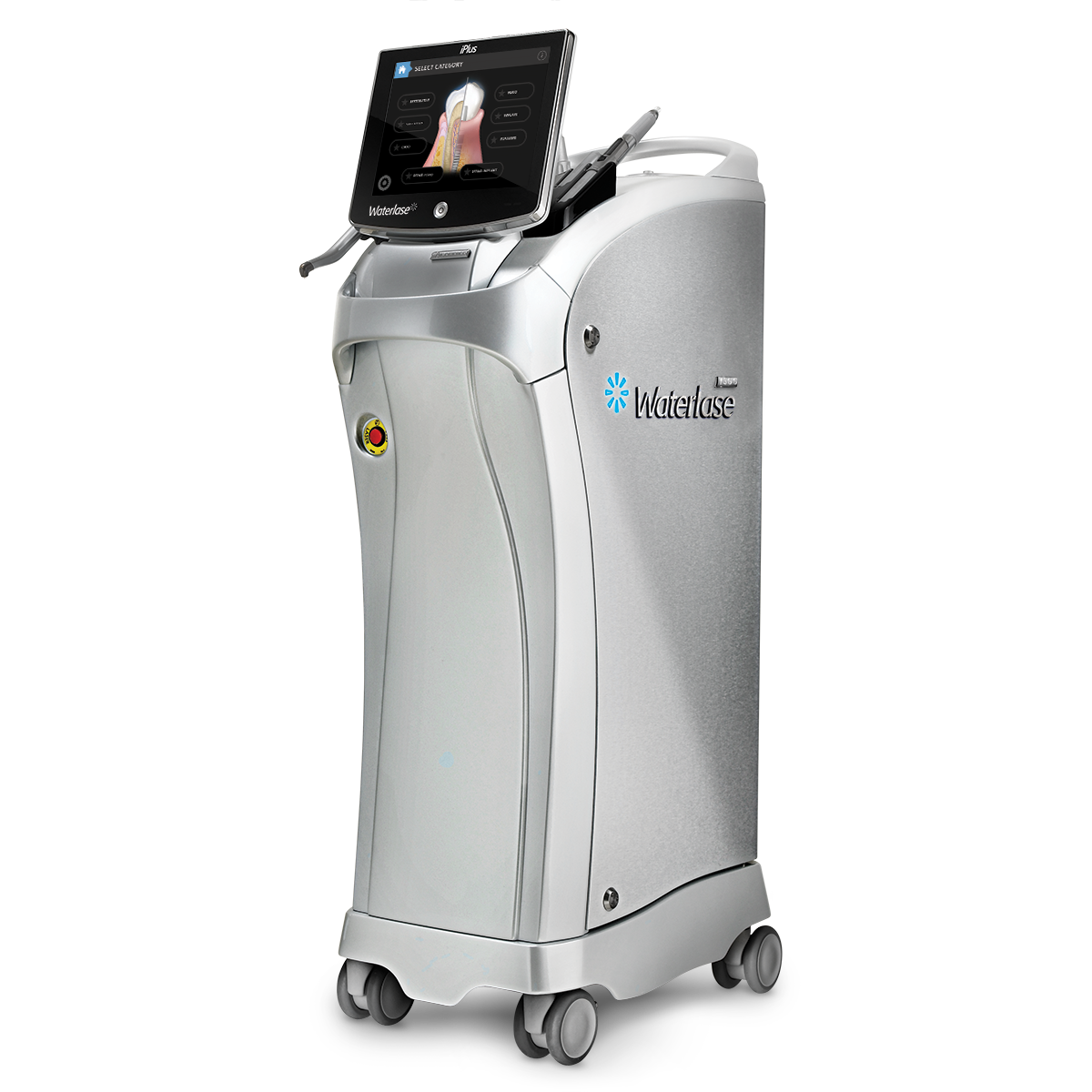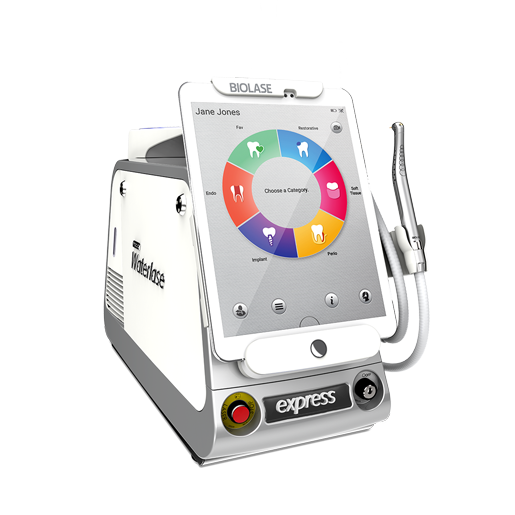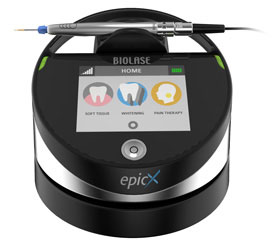It is not news to anyone that your mouth harbors billions of bacteriaand germs, some of which are healthy, many of which are responsible for bad breath, tooth decay and gum disease. What you probably don’t know, and what scientists have just recently discovered, is that those bacteria and germs are not the same for everybody.
It has always been believed by dentists and scientists that all mouths were more or less the same from person to person. Of course, diet and oral health would create differences, but essentially, it was assumed that any given mouth would have the same types of germs and bacteria.
Breakthrough research has found that this is far from the case. This research now tells us that the bacteria found in our mouths is actually as individual as our fingerprints. This was a huge surprise to senior author Dr. Purnima Kumar, an associate professor from the OSU College of Dentistry.
While it was known that the types of bacteria found in your mouth was largely dependent on your diet and oral hygiene habits, namely brushing and flossing, it was not known that genetics played any kind of role.
In addition to bacteria varying from individual to individual, it was even more surprising to learn the connection between ethnicity and mouth bacteria. It seems that there are types of bacteria present in some ethnicities that are not present in others. In fact, researchers can tell a person’s ethnicity solely by testing the bacteria in the mouth.
This is a significant discovery because we now know that not every dental treatment is suitable for every patient. This finding will ultimately shape the way dentists treat their patients and may inevitably lead to breakthroughs in dental treatment.
So, although all people have a variety of both healthy and unhealthy bacteria and germs in their mouths, there are significant differences in the types found from person to person and ethnicity to ethnicity. This is not simply due to types of food eaten or oral hygiene practices, but to actual genetic differences found.
This also explains why people of different ethnic groups may be more susceptible to certain types of dental issues than others, just like some groups get certain diseases that others don’t. The genetic component may be more responsible for oral health issues than simple hygiene practices.
To keep your mouth’s bacteria under control, ask your dentist if they have the latest dental laser technology. The WaterLase dental laser can help prevent bacteria build-up which may later rise to dental caries and periodontal problems. WaterLase can be a ‘no shot, no drill, no fear’ dental experience.
It will be interesting to see how this discovery changes the practice of dentistry in the future.



